About FATEsys 2021
With the advent of IoT, high performance computing, and ubiquitous and smart sensing, the SenSys/BuildSys community is noticing a big shift in the adoption of data-driven black-box modeling (also referred to as AI) to solve problems in the space of smart environments and energy systems. As a result, these AI-enabled systems for smart buildings, smart cities, smart grids, electric transportation, among others are attaining better accuracy and efficiency numbers every year. However, these data-driven black-box solutions are rarely held accountable for the impact of their actions on the human in the loop which significantly impacts their real-world adoption. To truly conceptualize the idea of smart systems for everyone, it is critical to study AI-enabled smart environments and energy systems to enforce energy equity and ensure not just clean and resilient energy systems, but also make them affordable and accessible for all. The first ACM SIGEnergy workshop on Fair, Accountable, Transparent, and Ethical AI for Smart Environments and Energy Systems intends to bring together researchers from diverse backgrounds and discuss key issues, challenges, breakthroughs, and socio-economic impact in developing fair, accountable, transparent and ethical AI techniques for smart environments and energy systems.
Call for Papers
The aim of this workshop is to create a platform for the SenSys/BuildSys community to discuss developing AI-enabled smart environments and energy systems that are not just accurate but also take responsibility for their actions. We invite submissions including, but not limited to:
- - Studies exploring type of biases in energy-related data and their implications
- - Challenges in collecting representative data for fair training of the AI models
- - Studies on eXplainable AI (XAI) for smart environments and energy systems
- - Interpretable and explainable ML/AI models
- - Physics-informed ML for model interpretation
- - Innovative ML/AI models and their key limitations pertaining to FATE
- - Socio-economic impact analysis for energy equity
- - Fair metrics for the evaluation of ML/AI methods
- - Exploring visual analytics for bias evaluation in data and models
Submission Guidelines
Submitted papers must be unpublished and must not be currently under review for any other publication. Paper submissions must be at most 4 single-spaced US Letter (8.5"x11") pages, including figures, tables, and appendices (excluding references). All submissions must use the LaTeX (preferred) or Word styles found here. Authors must make a good faith effort to anonymize their submissions by (1) using the "anonymous" option for the class and (2) using "anonsuppress" section where appropriate. Papers that do not meet the size, formatting, and anonymization requirements will not be reviewed. Please note that ACM uses 9-pt fonts in all conference proceedings, and the style (both LaTeX and Word) implicitly define the font size to be 9-pt.
Submission link
All submissions must be in Adobe Portable Document Format (PDF) format through the HotCRP: https://fatesys21.hotcrp.com/
Important Dates
- - Submission Deadline:
September 3October 7, 2021 (AOE) - - Notifications:
September 24October 12, 2021 (AOE) - - Camera-ready:
October 1October 16, 2021 (AOE) - - Workshop: November 16, 2021
Program
The workshop will be held in virtual format. Virtual attendees can register here (free!) and join using this YouTube Link.
All times in Western European timezone (GMT+0)
Welcome Address by Milan Jain
14:00-14:10 Link to World Clock
First Keynote
14:10-15:00 Link to World Clock
Incorporating Equity and Fairness into Energy Systems
Speaker: Prof Prashant Shenoy (University of Massachusetts, Amherst)
Technical Session 1 (Session Chair: Pandarasamy Arjunan)
15:00-16:00 Link to World Clock
Data Balancing for Thermal Comfort Datasets Using Conditional Wasserstein GAN with a Weighted Loss Function
Hiroki Yoshikawa (Osaka University, Japan), Akira Uchiyama (Osaka University, Japan), and Teruo Higashino (Osaka University, Japan)
Toward Explainable and Interpretable Building Energy Modelling: An Explainable Artificial Intelligence Approach
Wei Zhang (Singapore Institute of Technology, Singapore), Fang Liu (Singapore University of Social Sciences, Singapore), Yonggang Wen (Nanyang Technological University, Singapore), and Bernard Nee (Singapore Institute of Technology, Singapore)
Transparent AI: Explainability of deep learning based load disaggregation
David Murray (University of Strathclyde, Glasgow, UK), Lina Stankovic (University of Strathclyde, Glasgow, UK), and Vladimir Stankovic (University of Strathclyde, Glasgow, UK)
Clustering Appliance Energy Consumption Data for Occupant Energy-Behavior Modeling
Poorvesh Dongre (Virginia Tech, Virginia, USA), Asma Aldrees (Virginia Tech, Virginia, USA), and Denis Gracanin (Virginia Tech, Virginia, USA)
Break
16:00-16:15
Second Keynote
16:15-17:00 Link to World Clock
A Systems Perspective on Safe and Responsible AI for Managing and Governing Energy Systems
Speaker: Dr.ir. Roel Dobbe (Delft University of Technology, Netherlands)
Technical Session 2 (Session Chair: Sayak Mukherjee)
17:00-18:00 Link to World Clock
Towards Equity in Energy Efficiency Analyses
John Wamburu (University of Massachusetts Amherst, USA), Emma Grazier (University of Massachusetts Amherst, USA), David Irwin (University of Massachusetts Amherst, USA), Prashant Shenoy (University of Massachusetts Amherst, USA), and Christine Crago (University of Massachusetts Amherst, USA)
Towards Improved Thermal Comfort Predictions for Building Controls: Hierarchical Bayesian Modelling of Indoor Environmental Design Conditions
Sarah Crosby (University of British Columbia, Vancouver, Canada) and Adam Rysanek (University of British Columbia, Vancouver, Canada)
Estimating residential energy flexibility potential through forced activations
Hussain Kazmi (KU Leuven, Belgium), Pieterjan Vaneerdewegh (KU Leuven, Belgium), and Johan Driesen (KU Leuven, Belgium)
A Representational learning assisted Matrix Factorization approach for Electrical Load Disaggregation
Spoorthy Paresh (TCS Research and Innovation, India), Naveen Kumar Thokala (TCS Research and Innovation, India), Vishnu Brindavanam (TCS Research and Innovation, India), and M. Girish Chandra (TCS Research and Innovation, India)
Break
18:00-18:15
Technical Session 3 (Session Chair: Aowabin Rahman)
18:15-19:15 Link to World Clock
Intelligent Household Waste Collection
Martin Aleksandrov (Technical University Berlin, Germany)
Containerized Framework for Building Control Performance Comparisons: Model Predictive Control vs Deep Reinforcement Learning Control
Yangyang Fu (Texas A&M University, Texas, USA), Shichao Xu (Northwestern University, Evanston, USA), Qi Zhu (Northwestern University, Evanston, USA), and Zheng O'Neill (Texas A&M University, Texas, USA)
Semantic Data Integration with DevOps to Support Engineering Process of Intelligent Building Automation Systems
Iori Mizutani (University of St.Gallen, Switzerland), Ganesh Ramanathan (Siemens AG, Switzerland), and Simon Mayer (University of St.Gallen, Switzerland)
Tracking Urban Heartbeat and Policy Compliance through Vision and Language-based Sensing
Tahiya Chowdhury (Rutgers University, New Jersey, USA), Qizhen Ding (Rutgers University, New Jersey, USA), Ilan Mandel (Cornell Tech, New York, USA), Wendy Ju (Cornell Tech, New York, USA), and Jorge Ortiz (Rutgers University, New Jersey, USA)
Closing Remarks
19:15-19:20
Keynote speakers
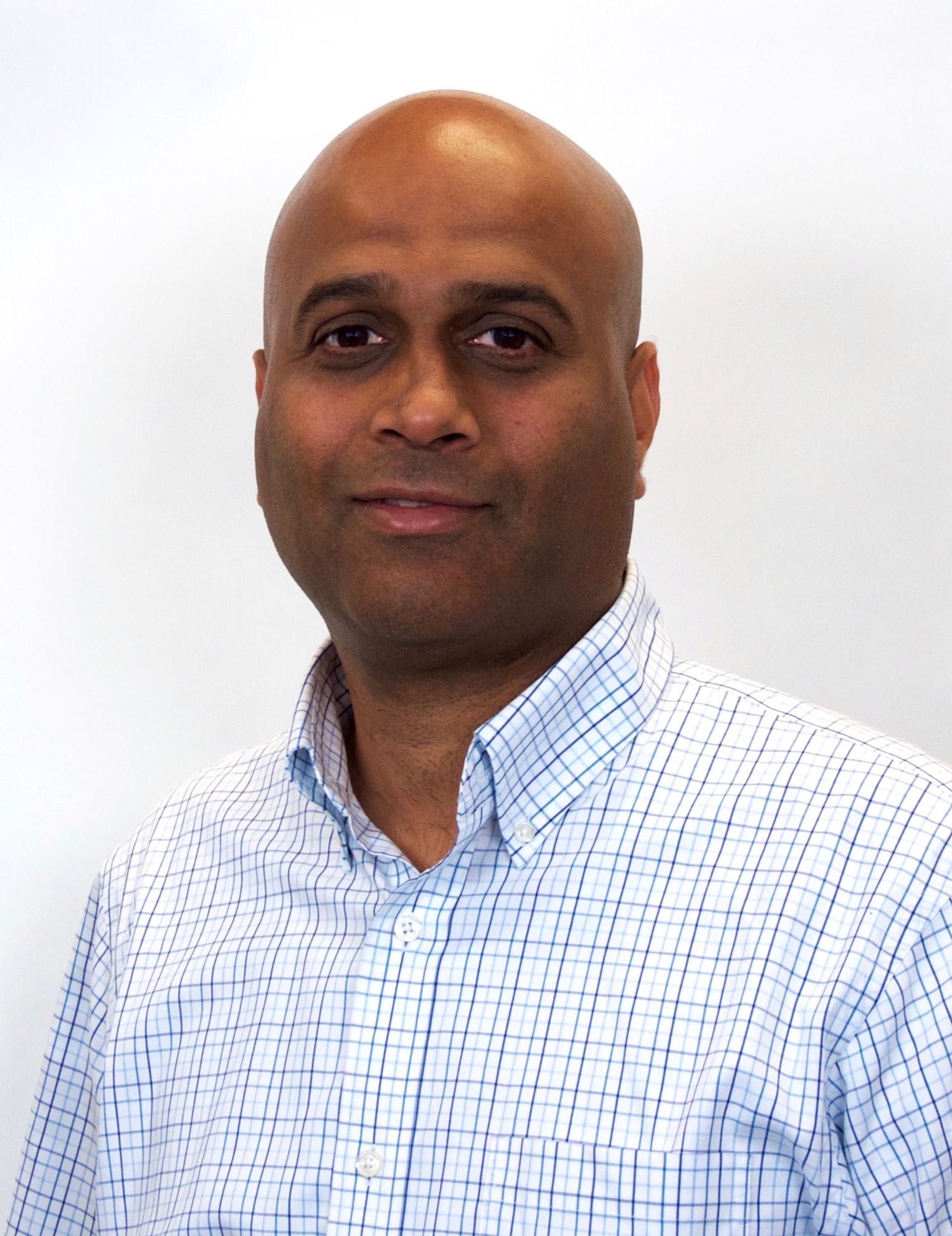
Prof. Prashant Shenoy
Distinguished Professor, University of Massachusetts, Amherst
Title: Incorporating Equity and Fairness into Energy Systems
Abstract: As energy systems become more data-driven, they are beginning to incorporate software algorithms and artificial intelligence into their decision making and optimizations. Traditional energy optimizations techniques have emphasized metrics such as efficiency and cost. Unless designed carefully, AI-driven energy systems designed to optimize efficiency and cost are also known to incorporate unfairness and bias. In this talk, I will describe several examples of decarbonization techniques that make inequitable decisions due to these biases and how these decisions can be harmful from a societal standpoint. I will argue for making equity and fairness first-class design concerns when designing energy systems of the future and present some initial directions towards meeting these goals.
Bio: Prashant Shenoy is currently a Distinguished Professor and Associate Dean in the College of Information and Computer Sciences at the University of Massachusetts Amherst. He received the B.Tech degree in Computer Science and Engineering from the Indian Institute of Technology, Bombay and the M.S and Ph.D degrees in Computer Science from the University of Texas, Austin. His research interests lie in distributed systems and networking, with a recent emphasis on cloud and green computing. He has been the recipient of several best paper awards at leading conferences, including a Sigmetrics Test of Time Award. He serves on editorial boards of the several journals and has served as the program chair of over a dozen ACM and IEEE conferences. He is a fellow of the ACM, the IEEE, and the AAAS.

Dr.ir. Roel Dobbe
Assistant Professor, Delft University of Technology, Netherlands
Title: A Systems Perspective on Safe and Responsible AI for Managing and Governing Energy Systems
Abstract: In this talk I will bring together my two main research lines. The first line revolves around the use of data-driven and learning-based techniques to aid the energy transition in energy and power distribution, by allowing for higher levels of renewable integration and electrification. This work builds on my PhD research in which I developed an approach for integrating such techniques in existing legacy control systems and operation practices in a safe and reliable way. The second line addresses the ethical, legal and societal aspects of AI systems. Building on the work started in Berkeley with GEESE, and as a postdoc at the AI Now Institute, my group at Delft University of Technology works towards integral and comprehensive perspectives and approaches through which public values, human rights and citizen protection can inform the development of public AI systems, rather than being treated as an afterthought. This work builds on interdisciplinary collaborations with scholars in CS, engineering, the social sciences and humanities, as well as on transdisciplinary research situated at public and private organizations, such as distribution system operators. In this talk I will use the energy and power system context to outline how this novel perspective can guide the development of safe and responsible AI systems, by working across different actors and instantiating requirements for safety or responsibility in an integral manner across the system design as well as the governance and institutional context.
Bio: Dr.ir. Roel Dobbe is an Assistant Professor working at the intersection of engineering, design and governance of data-driven and algorithmic control and decision-making systems. Roel holds a PhD in Control, Intelligent Systems and Energy from the Department of Electrical Engineering and Computer Sciences at the University of California Berkeley. He was an inaugural postdoc for the AI Now Institute at New York University. Roel has gained extensive experience working with industrial, public and societal partners, through working as a consultant, a data scientist and doing engaged scholarship.
Organization
General Co-Chairs

Milan Jain Pacific Northwest National Laboratory, Richland, WA, USA
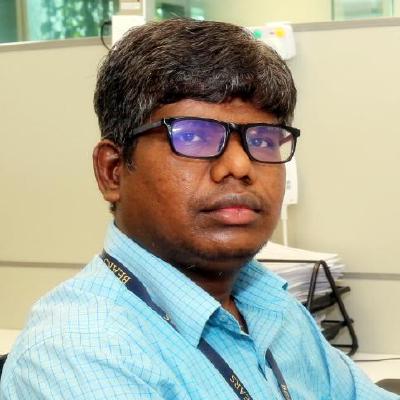
Pandarasamy Arjunan Berkeley Education Alliance for Research in Singapore (BEARS)
Technical Program Committee Chair

Xueqing Sun Pacific Northwest National Laboratory, Richland, WA, USA
Keynote & Logistics Chair
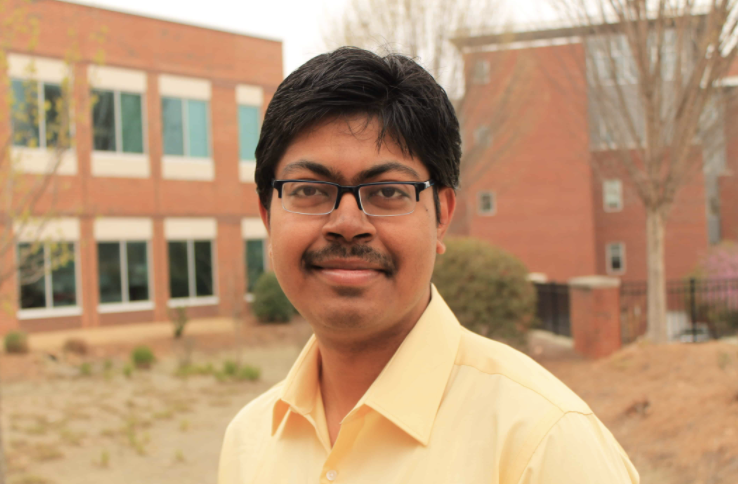
Sayak Mukherjee Pacific Northwest National Laboratory, Richland, WA, USA
Publicity & Web Chair
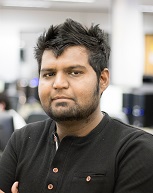
Aowabin Rahman Pacific Northwest National Laboratory, Richland, WA, USA
Technical Program Committee

Akansha Bansal University of Massachusetts Amherst, MA, USA

Mu Mu University of Northampton, England
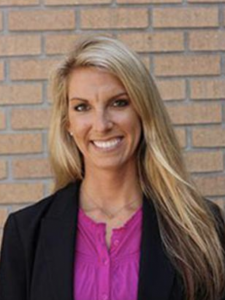
Nicole Sintov Ohio State University, USA

Robert Yus University of Maryland, Baltimore County, USA

Salma Elmalaki University of California, Irvine, USA

Sarah Newman Pacific Northwest National Laboratory, Richland, WA, USA

Sayak Mukherjee Pacific Northwest National Laboratory, Richland, WA, USA

Vikas Chandan Pacific Northwest National Laboratory, Richland, WA, USA

